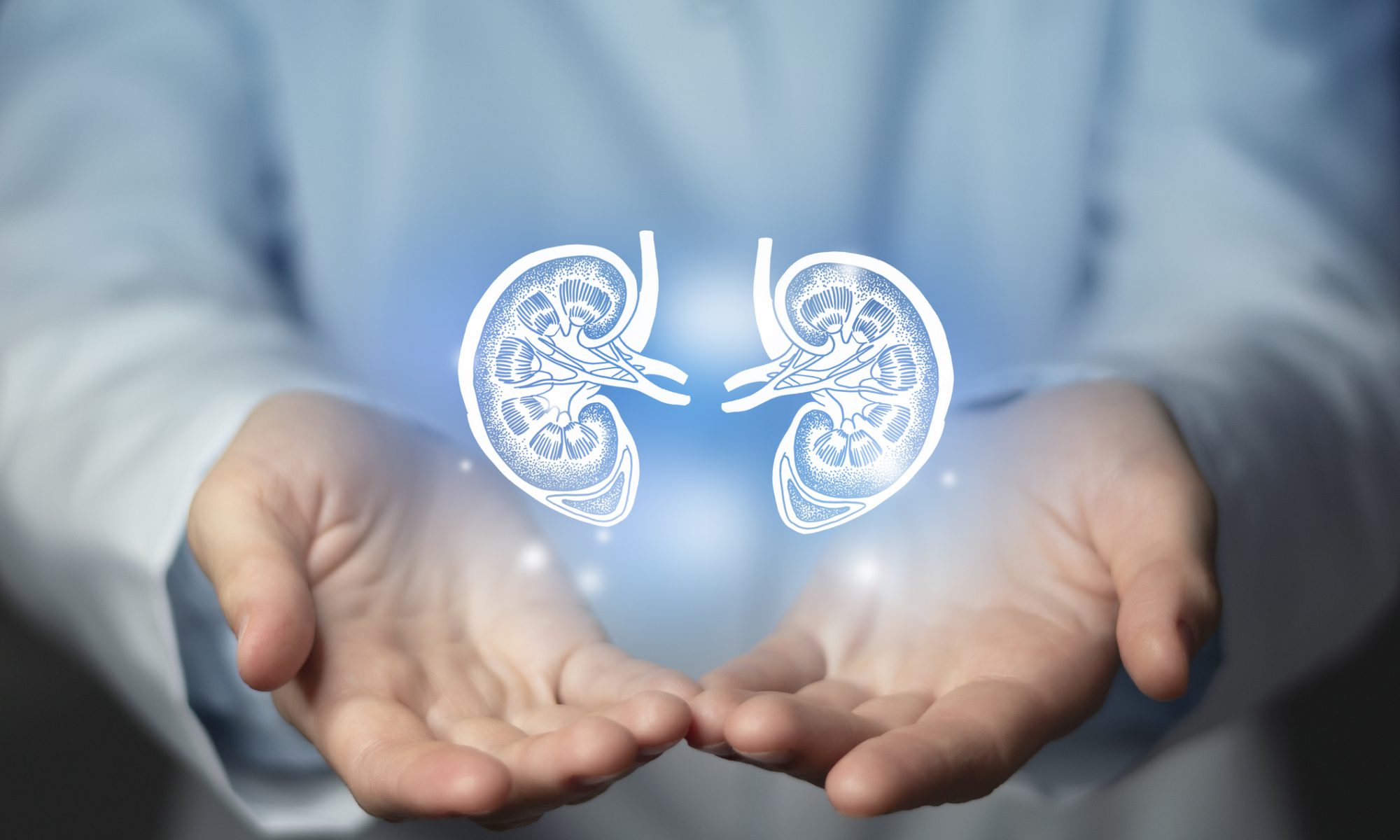Kidney transplant survival and the genetic landscape of donor-recipient variations.
By Dr. Prajakta Banik
Kidney transplantation is a life-saving medical procedure that offers a chance for a better quality of life for individuals with end-stage kidney disease. However, the success of kidney transplantation depends on various factors, one of which is the compatibility between the donor’s kidney and the recipient’s body. Read more in Tech Explorist.





